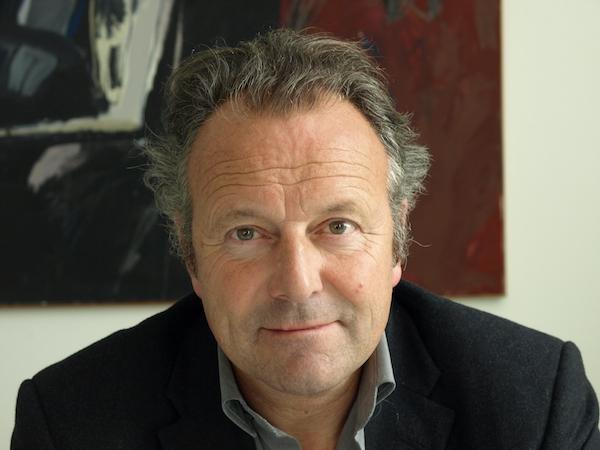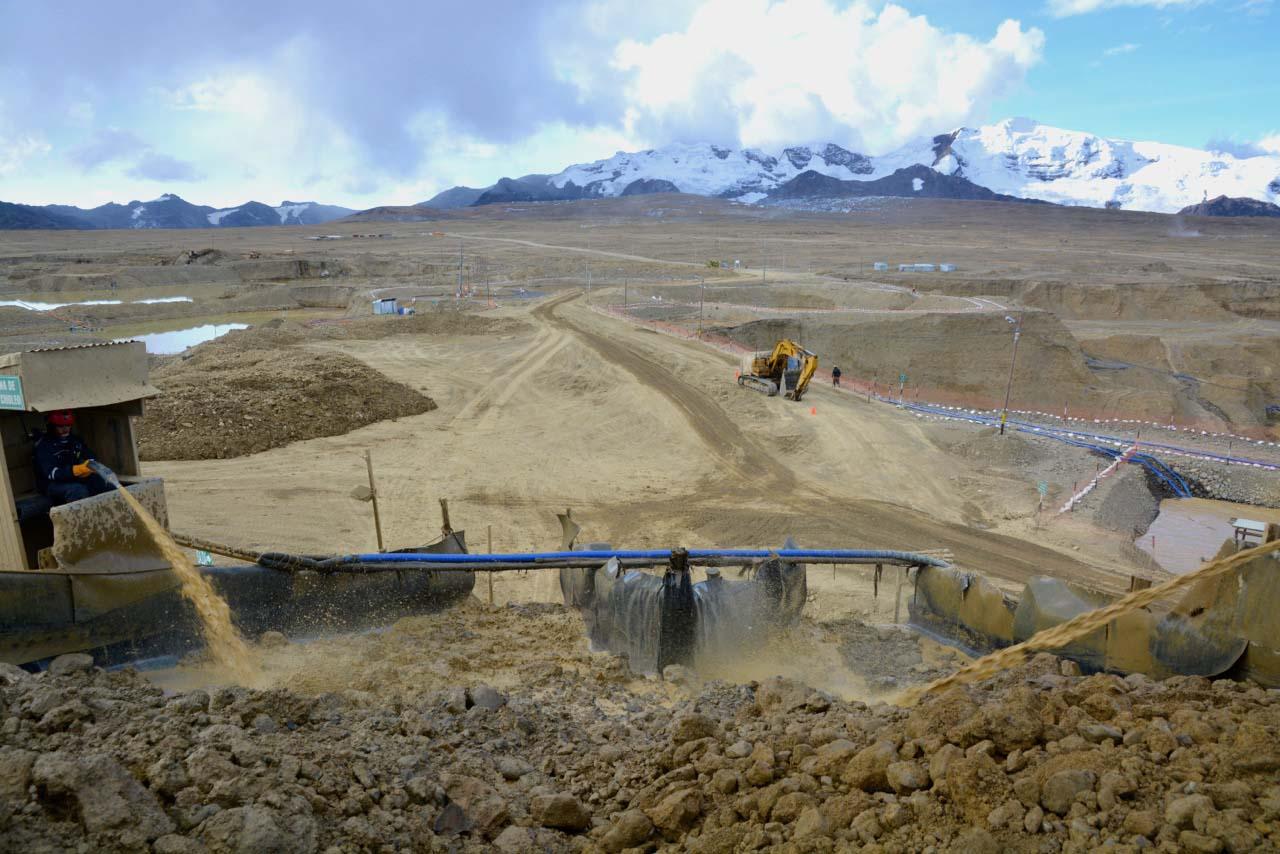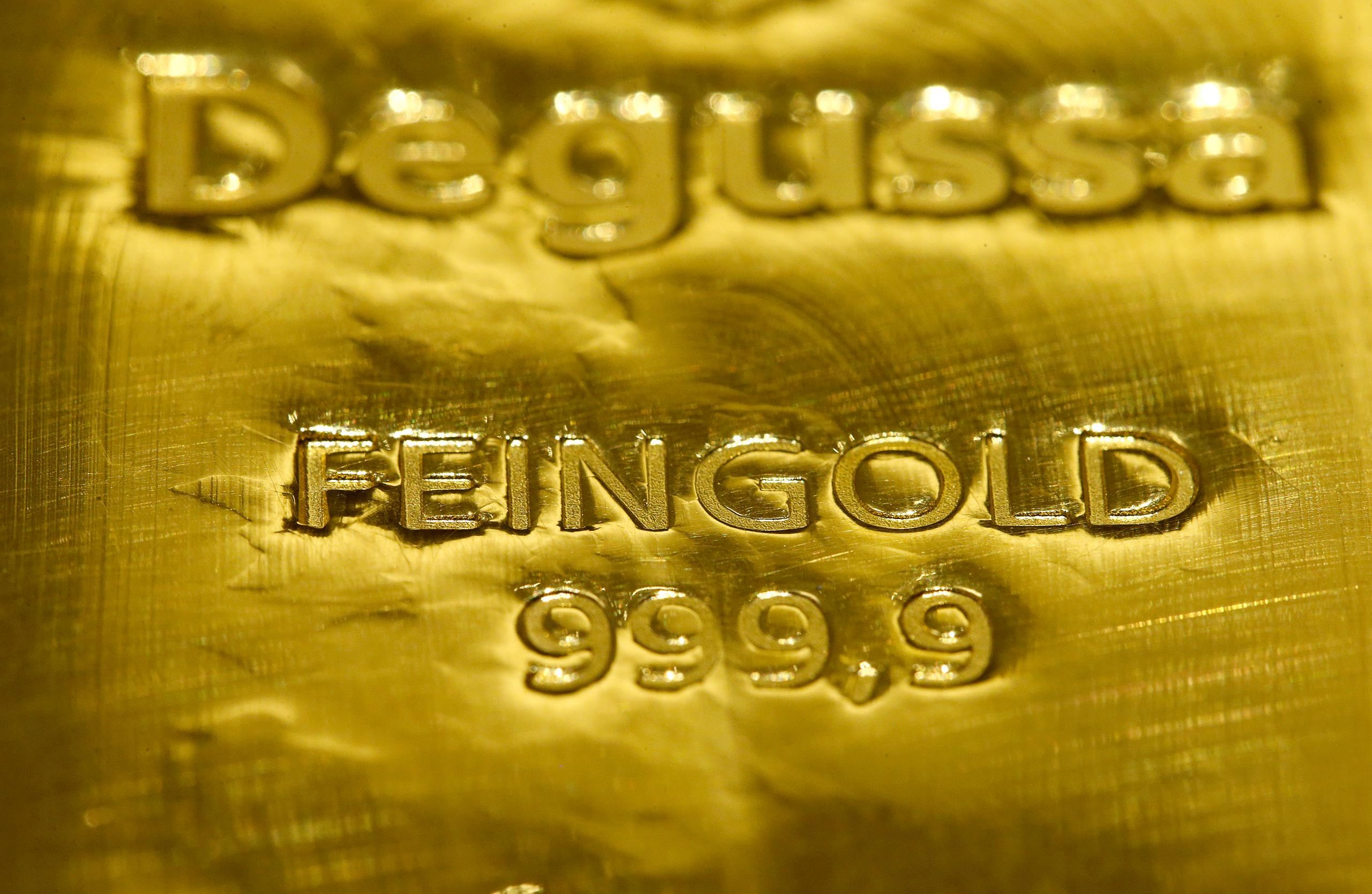Switzerland’s golden opportunity for responsible business
It is no secret that Switzerland is a major power in finance and commodity trading. But few people know that Switzerland imports around 70% of the world's gold and refines around 50%. This position of great global power comes with great responsibility because – here’s another thing too few people know – gold mining comes with its fair share of risks and problems.
Severe environmental damage is one example. Forced labour, child labour, sexual exploitation, organised crime, corruption and money laundering are also common side effects, along with the expropriation of land from indigenous peoples. Conflict gold is possibly the most horrifying of all. Take Darfur and eastern Congo, where both sides of the civil war use the proceeds to buy weapons. Dealing in gold with armed groups prolongs wars.
Under pressure from NGOs and parliamentarians, the Swiss Federal Council (executive body) published a report on the “Trade in gold produced in violation of human rights” on November 14, 2018. At first, like the Swiss “Background report on commodities” of March 27, 2013, the analysis of the problem reads like an NGO report. But by proposing that refineries purchase gold primarily from multinational mining companies, the authors place the entire blame for environmental and human rights violations squarely on the shoulders of artisanal and small-scale miners.
Livelihoods at stake
Some facts. Small mines produce only 20% of the world’s gold but employ 15–20 million people. Directly or indirectly, the livelihoods of 100 million people worldwide depend on the artisanal mining sector. Ignoring them because they are riskier cannot be the goal of the Federal Council. And it’s not as if multinational mining companies are risk-free – on the contrary, they are often responsible for creating huge piles of toxic waste, contaminating water with cyanide, and appropriating land from local communities.
+ Read more about the complexity of producing ‘better’ gold in Peru
As with the Commodities report, the Federal Council is lacking the political will to actually legally implement globally-recognised best practices and recommended measures such as the OECD’s detailed guidelines on human rights in the gold supply chain. Some of these have been adopted by industry associations such as the London Bullion Market Association and Responsible Jewellery Council in their self-regulatory standards.
The limits of self-regulation
In an extremely critical report, the OECD itself points out blatant weaknesses in the refineries’ practices. For example, they merely trace the origin of the gold back to their immediate supplier and turn a blind eye to what happens before that. Audits intended to safeguard the due diligence system are not fit for purpose because, according to the OECD, professional auditing firms lack the expertise and necessary critical distance.
The EU has drawn the obvious conclusions and made the OECD guidelines binding in the new EU Conflict Minerals Regulation of 2017, due to enter into force in 2021. In Switzerland, in contrast, the Federal Council is sticking to the position it has already taken toward the Responsible Business Initiative: self-regulation is better than state regulation.
Although there are easy opportunities within existing law (improve money laundering regulations and using the Precious Metals Act and Ordinance), and despite the glaring risks and weaknesses in self-regulation of the industry, the Federal Council refrains from adopting a clear position. The Expert Study accompanying the report compares the Swiss legal situation with South Africa, the United Arab Emirates and India. They may be the toughest competitors of the Swiss refineries, but these states are not known for their respect for human rights.
Once again, the Federal Council has shown that it cares more about business than about human rights. With this, they may actually be shooting themselves in the foot or at least, doing themselves a disservice and giving more ammunition to those who support the Responsible Business Initiative.

The views expressed in this article are solely those of the author, and do not necessarily reflect the views of swissinfo.ch.

In compliance with the JTI standards
More: SWI swissinfo.ch certified by the Journalism Trust Initiative





You can find an overview of ongoing debates with our journalists here. Please join us!
If you want to start a conversation about a topic raised in this article or want to report factual errors, email us at english@swissinfo.ch.